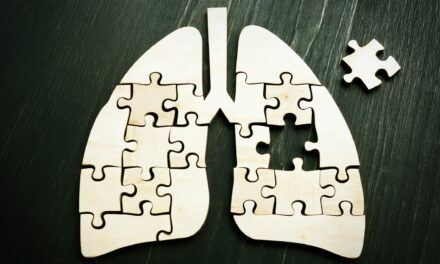A recent study in Supportive Care in Cancer examined the findings of a cancer patient experience survey to identify possible patterns in patient-reported experiences of their lung cancer care.
This survey was made to gauge how patients felt about the lung cancer clinical pathway: pre-diagnosis care, diagnosis, treatment information, and staff support.
Of the nearly 16,000 people diagnosed with lung cancer who responded to the survey between 2009 and 2015, 53.6% were male and 58.8% were between the ages of 65 to 80. Patients who were female were more likely to report negative experiences than male patients, as were nonwhite patients. When grouped by stage at diagnosis, patients with stage IIA-IIB cancer reported the most positive experiences. Patients who were diagnosed via the two-week wait route or emergency presentation reported more positive experiences, while patients diagnosed via emergency presentation reported more negative ones.
Patients aged 65 to 80 reported more positive experiences than other age groups. Patients over the age of 80 reported positive experiences for a number of pathway elements, but reported negative experiences regarding clinical staff support. Patients who received treatment, though, tended to rate their experience with staff very positively. Patients in stage IIA-IIB reported the most positive experiences in terms of information provided about their diagnosis. Those who were seen to be in the most socioeconomically deprived areas reported generally positive experiences, but were more likely to report conflicting experiences with receiving information. Read more here.
High-deductible health plans linked to delayed diagnosis of metastatic cancer
Enrollment in high-deductible health plans (HDHPs) is associated with delays in the diagnosis of metastatic cancer, according to research presented at the 2022 ASCO Annual Meeting.1
The researchers defined HDHPs as plans in which patients are responsible for all costs until they have spent at least $1000 annually, said study presenter Nicolas Trad, of Harvard Medical School in Boston.
Trad cited data suggesting that the percentage of American workers enrolled in HDHPs increased from approximately 10% in 2006 to nearly 60% in 2021.2 He also cited data suggesting that HDHP enrollees experience delays with diagnostic biopsies and imaging for breast cancer, as well as initiation of chemotherapy. Read more here.










